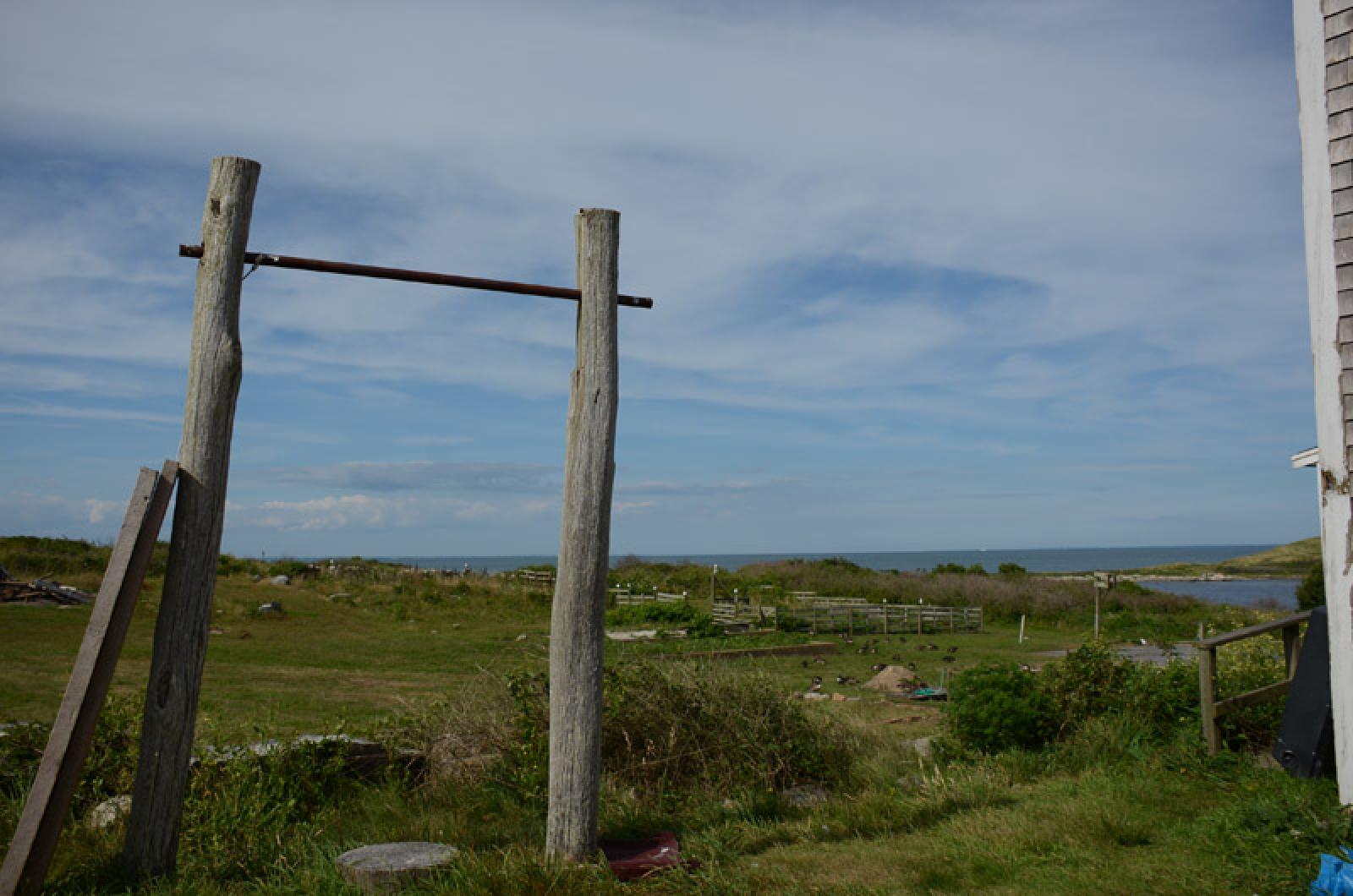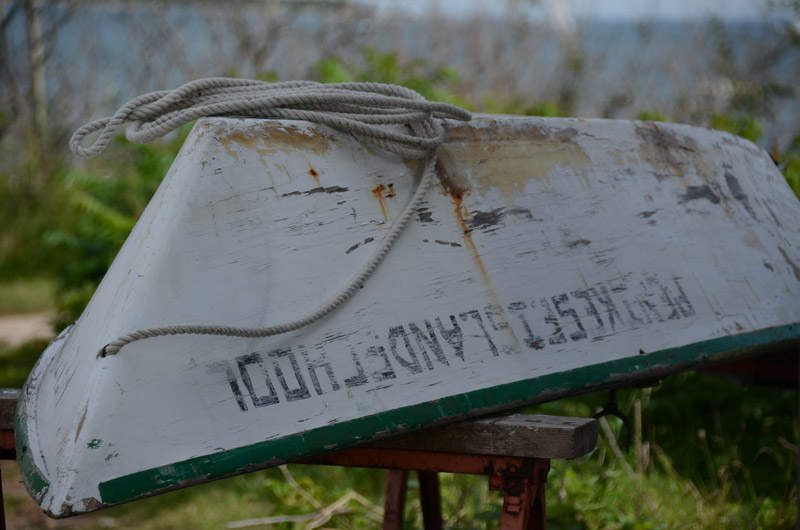With heroin use a rising concern on the Cape and Islands, the Penikese School announced plans this week to reopen as a residential treatment center for young men recovering from addiction.
The school, located on a remote 75-acre island north of Cuttyhunk at the tip of the Elizabeth islands chain, was formerly a facility for troubled teens. It closed in 2011, reopened briefly and closed again in 2014.
School leaders now plan to partner with Children’s Study Home, a nonprofit social services support agency with programs in Falmouth, Hyannis and the Springfield area, to operate a year-round program for up to 12 recovering addicts at a time, aged 18 to 24.
The program projects an average stay of 90 days and will be open to patients regardless of financial status. A combination of private donations and insurance reimbursement will cover the cost of treatment.
Plans call for reopening the facility in late May or early June. The decision came about following an extensive evaluation of program needs for the Cape and Islands region that included study of who could benefit most from residential treatment in the remote island location.
“We had to look for a different model of substance abuse treatment,” said Matthew Sutherland, chairman of the Penikese School board of directors. “We talked to a number of people in the clinical world and tried to get a sense of what would be the best use of Penikese island. The vast majority of medical professionals, clinicians and social workers focused on the issue of substance abuse, and focused on the 18 to 24 demographic,” he said, adding:
“The acute need on the Cape and the Islands and the south shore is so great.”
Mr. Sutherland said the model calls for residents to be actively involved in sustainable living by growing their own food, gathering fish and shellfish from the ocean, preparing meals and managing the grounds. There is no electricity on Penikese. Wood stoves are used for heating and cooking. Boats and furniture are built in a small woodworking shop. During a short-lived pilot program in 2014 with Becket Family Services, facilities on the island were upgraded to make them accessible for people with disabilities and satisfy other state licensing requirements.
“The young men will really benefit from a 24-hour therapeutic environment,” Mr. Sutherland said. “We find some of the greatest breakthroughs, some of the greatest clinical work can really be done in those encounters where trust is built, relationships are formed, where essentially you can break through some of the defenses.”
Eliza Crescentini, executive director of Children’s Study Home said the island setting offers opportunities that many shorter term treatment centers can not.
“It’s a home setting, with a very strong sense of community and personal responsibility,” Ms. Crescentini said. “That’s very difficult to find in most treatment settings.”
There will be a variety of therapeutic programs.
“It’s a model of intervention, with families,” said Jennifer Smith, director of children and families for Children’s Study Home. “Family — however you define it, it doesn’t have to be your biological family, it can be your family of choice or your family of design — plays a really critical and vital role in somebody’s healing. Everybody needs to come together, as many people as possible, to figure out how they’re going to support this individual, and what changes they might need to make themselves.”
Mr. Sutherland agreed.
“Family is a key component of people’s recovery,” he said. “Educating the family about how they can be helpful and breaking some of the patterns that they may have, can really help maximize the probability of recovery. Penikese is unique in being both remote, and at the same time accessible.”
The home office for the Penikese school is in Woods Hole.
Mr. Sutherland said he is working with medical insurance companies to demonstrate that the kind of residential program planned for the Penikese School is cost effective, and should be covered under health insurance policies. “It’s a key area that keeps me up at night,” he said. “We’re not there. We are very optimistic that we’ll be there in the near future. Part of it is showing it works.”








Comments (15)
Comments
Comment policy »